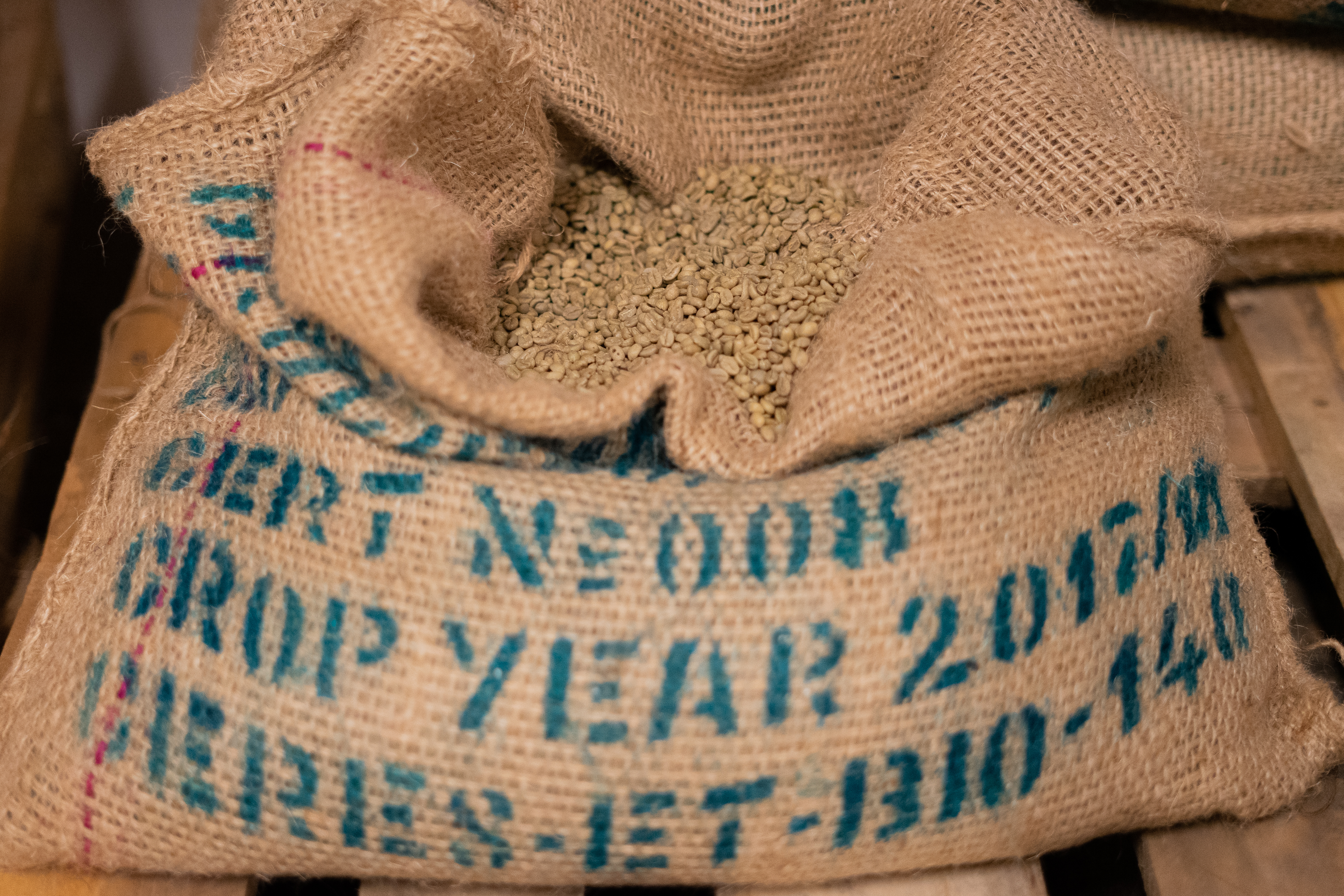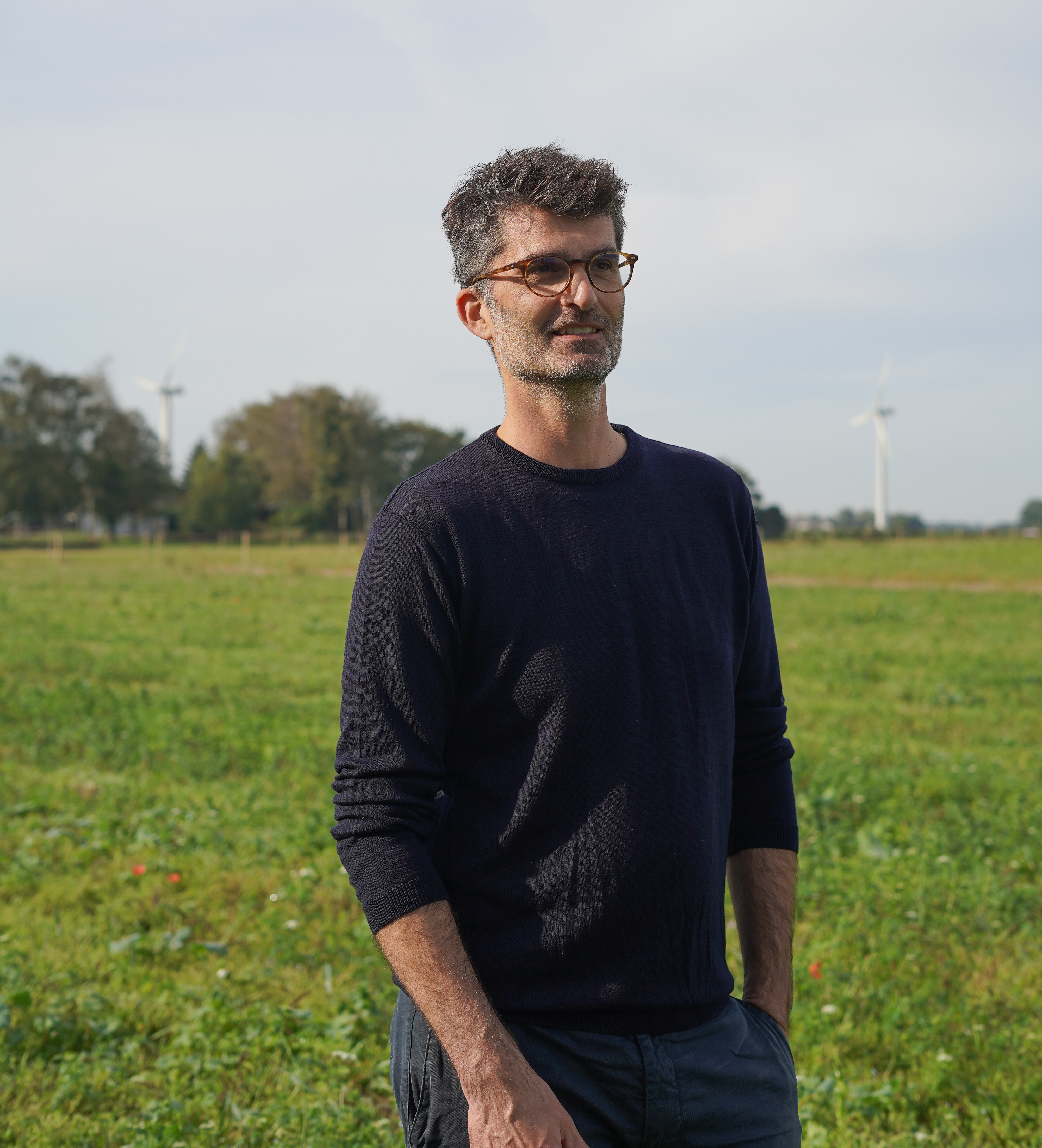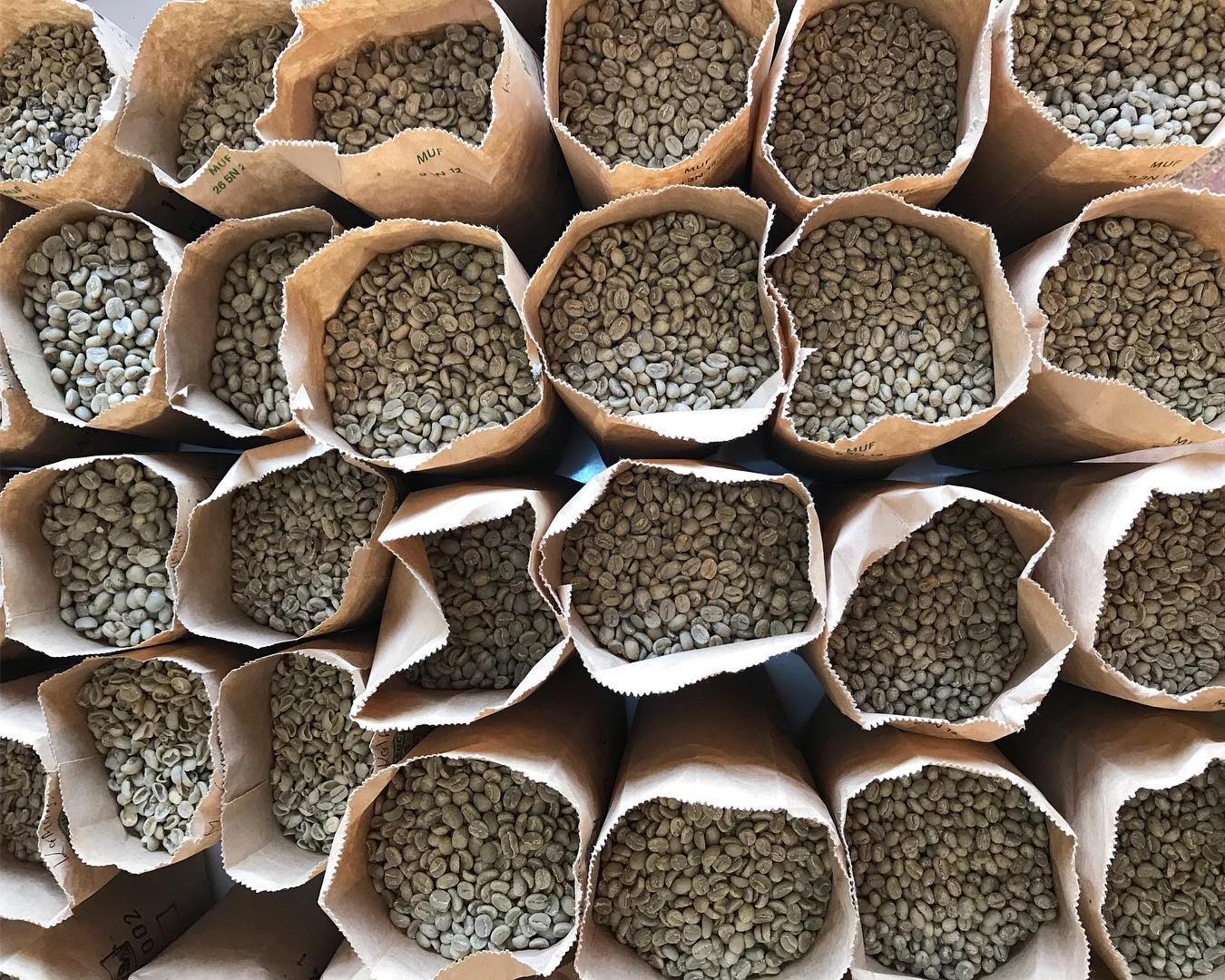Specialty Coffee is more than ever seen as a commodity. Even in Copenhagen the increase of Specialty Coffee shops marks the consumers’ interest and willingness to pay good money for a cup of coffee. Although, it doesn’t seem the farmers and producers are impacted by this development, as an increasing number are paid ever less for their product. This development is very familiar to us. A similar event arose in the 00’s and was named, The Coffee Paradox.
At this point in time it seems clear that the coffee market is not working for the benefit of the farmers nor as an ideal market. While Specialty Coffee is booming in the consumer end, the New York C-price for coffee started off 2019 by going below the symbolic $1/lb green beans. As it has been the case several times during the past six months, making coffee growing completely unprofitable.
It seems fair to judge the coffee market to be unjust when viewed from the farmers’ perspective. This could easily be motivation enough to try and change the development. But, as we discussed in previous article, the consequences of the malfunctioning market are starting to threaten all who cares about good coffee. Since it doesn’t provide the right incentive for farmers to continue the hard work it takes to produce good coffee.
In an ideal world the prices were paid corresponding to what a farmer would need to run a sustainable business producing high quality coffee. An ideal market is also said to be able to do that. So, let’s have a look at what the basic conditions are for a market to work for the benefit of all involved parties.
According to basic economic theory at least five conditions exist for a market to work as the ideal:
- All actors sell an identical product
- Free movement of goods, capital and workforce
- All actors are price takers
- Many small actors
- All actors have complete information
When talking about the C-price for coffee, coffee is seen as an identical product.
Coffee as well as the money paid for coffee moves rather freely through the world. But workforce cannot. This of course is a ‘market failure’ but it is also out of our hands as coffee professionals to try and change.
It can be discussed whether all actors in the coffee market are price takers. At first sight it should be the case, but some researches who have analysed the global value chain of coffee, claim that it is driven by importers and roasters, which means that the importers and/or roasters have excess market power. You can read more about this in a piece written by Thurston et.al. Taking this on trust, gives a great responsibility to the roasters and importers for the way the market works. But it also shows that we as roasters and importers actually have the possibility to try and change the market for the better.
At farmer level as well as consumer level in the coffee market, there are millions of small actors. There exist more than 25 million coffee farmers (5 times the total population of Denmark) and hundreds of millions of coffee drinkers. Linking farmers and coffee drinkers are the roasters, and only six roasters cover half of the world market. Six. This clearly illustrates a bottleneck effect at the importer and roaster level.
But the biggest short fall is regarding the last condition that all actors have complete information or as we like to call it, transparency. Maybe it is because of the colonial history of the Coffee Market (please recall that the last coffee producing colonies only got their independence less than a life span ago), that transparency in the coffee market is very limited. It’s just during the last decade or so that consumers have access to producer facts if they go to good specialty coffee stores. And in the other end of the market it’s very few producers who actually know where their product is going to be sold or how it will be used. Especially if one look at financial transparency it becomes very sparse.
While it becomes easier for consumers to experience the charming stories about the coffee they buy, financial facts are very limited. And, while it may only be few consumers who find these figures interesting, we believe it’s through your engagement in the coffee market, we can change the price paid to farmers and producers. We as roasters can do our best to offer transparency in a creditable and relevant way, and with your engagement we can broaden the scope of transparency when we and other roasters are met with good questions and interest from you as consumers on the topic. This can put the pressure needed on us roasters to do an even better job creating more transparency and working towards better prices for the farmers.
Transparency
This is why we are working with transparency as a tool to lift the prices paid to farmers. Transparency can be divided in these three steps:
- Producer facts (Name, region, variety etc.) to the consumers, Consumer facts to the producer
- Financial Transparency online
- Financial Transparency to the consumers and to the farmers
The way we work with this is:
- Writing all relevant producer facts on each bag of coffee we sell. And make contracts with the producer making sure they know we are the buyers and visit them to share about how we use their coffee and what our costumers appreciate about it.
- In our yearly Sustainability Report we have a Transparency Table showing all relevant financial information about our coffee purchases. Read the report here.
- We communicate ourselves directly with the farmers and answer all questions directly to them about financial market information they might find interesting. But the big challenge is presenting financial information about the coffee market to the consumers in ways that you will find relevant and engaging. We have worked with this in different ways since we started The Coffee Collective (see our last blog post about Direct Trade for more details). We do not think we have found the solution to this yet, but we will keep on trying.
This is the foundation of our core values. In the next blogpost we’ll reveal what difference this has actually made over the years at The Coffee Collective and introduce the term Quality Bonus. In short, we pay a bonus to farmers for a higher quality in coffee. This provides a healthier economy for them and thereby is part of creating a sustainable road to maintain high quality coffee in the long run.
Would you like to get our different coffees delivered directly to your doorstep? We've got you covered.
Address
Coffee Collective
Godthåbsvej 34B
2000 Frederiksberg
CVR: 30706595
Contact
mail@coffeecollective.dk
+45 60 15 15 25 (09.00-15.00)
Coffee and cookies
This site uses cookies.
Find out more on how we use cookies.


